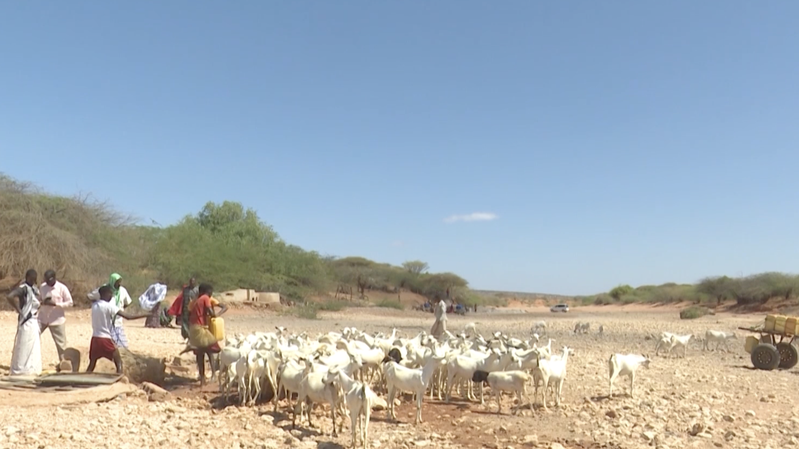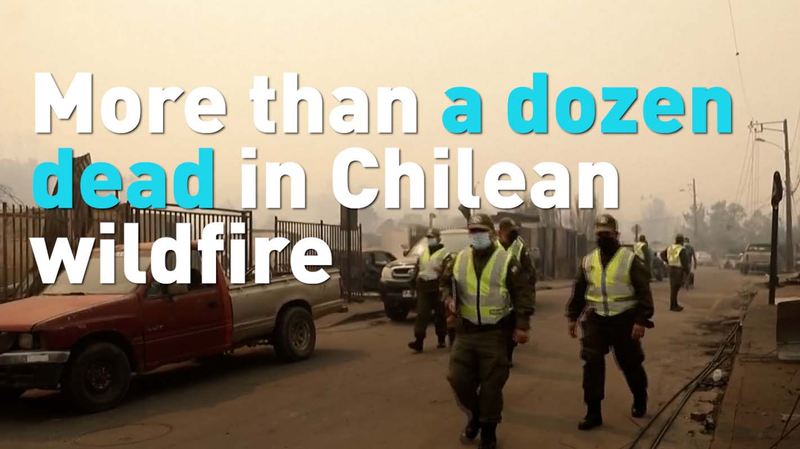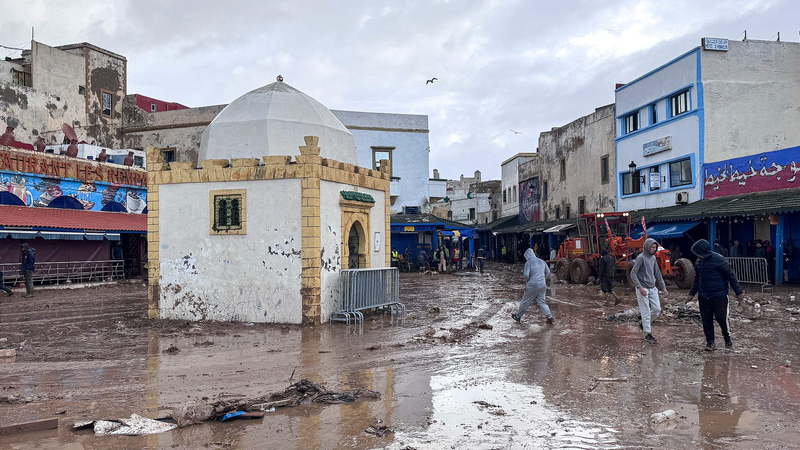Hurricane Melissa swept across the Caribbean this week, leaving a trail of destruction in its wake. In Haiti, at least 30 lives were lost as floodwaters and high winds tore through vulnerable coastal communities. Across the sea in Jamaica, more than 1.5 million people have been impacted by power outages, damaged roads and submerged homes, according to a United Nations spokesperson.
The storm’s rapid intensification caught many off guard. In Haiti, where infrastructure is already under strain, emergency responders raced against time to rescue families trapped by raging rivers. Rainfall totals exceeded 200 millimeters in some regions, overwhelming drainage systems and triggering widespread landslides.
In Jamaica, schools and public buildings were converted into makeshift shelters. Farmers watched in despair as banana and cocoa crops—key exports for the island’s economy—were flattened. Initial estimates suggest agricultural losses could top $50 million, threatening livelihoods and food security for thousands of rural residents.
Climate experts warn that storms like Melissa are becoming more frequent and severe. The combination of rising sea temperatures and shifting weather patterns means low-lying nations must bolster resilience now. Digital nomads and international travelers who rely on the Caribbean’s connectivity have also felt the impact: several co-working hubs and eco-lodges report damage, delaying plans for sustainable tourism ventures.
Global aid organizations are mobilizing resources, but local voices emphasize the need for long-term solutions. "Immediate relief is vital, but we must invest in resilient infrastructure and community training," says a UN disaster management official. As relief efforts ramp up, the world watches—and listens—to the region’s call for solidarity in the face of intensifying climate threats.
Reference(s):
Hurricane Melissa kills over 30 in Haiti, affects 1.5m in Jamaica
cgtn.com




